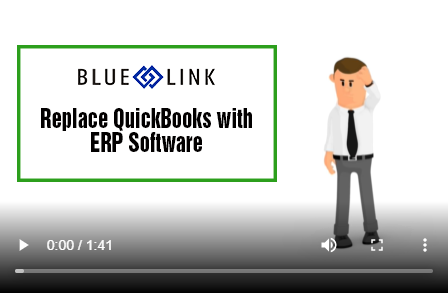When you think about silos in the workplace, you may think about them in reference to large, multi-national companies with 500 plus employees. Although silos can occur in this type of setting, they can also happen in smaller businesses with fewer people. And silos are not always a negative – they can be beneficial to companies in providing a clear structure, fostering expertise, and encouraging accountability and responsibility. They also provide focus around specific processes and departments, however, in the real-world silos often have the reverse effect. Instead of benefiting the company as a whole, silos more frequently only benefit those directly in the individual silo. They can limit the understanding of the company’s vision across different departments, decrease collaboration between teams and hinder the flow of information – all of which can result in poor decision-making, low morale and a decrease in efficiency and profitability. For silos to work, they need to be transparent and information needs to flow in and out of each silo – allowing all employees to better understand and contribute to the goals, objectives and needs of each silo and the company as a whole. Even though silos can be a part of any company, growing businesses will frequently experience the negative effects of silos as they grow and add more customers, sales channels and employees. This is because the existing processes and systems in place to manage operations for a small company, are not suitable for growing organizations. As a starting point, growing businesses using introductory software such as QuickBooks will soon realize the limitations of the system as the need to manage more inventory, more sales channels and more customers arises. To manage growth and automate processes requires additional software functionality. In this situation, the decision to implement standalone software solutions that integrate with QuickBooks can increase the negative aspects of silos – different departments using different systems with no point of truth, with information not smoothly flowing in the organization. This is where replacing QuickBooks with ERP starts to make sense. An all-in-one ERP solution helps to coordinate and streamline operations across departments from one system. This means that people from different departments are able to access the information they need to do their job, with insight into what other departments are working on. Let’s explore this further.
Types of Silos
Silos can apply to many different aspects of a company’s operations including functional, departmental, channel and hierarchical.
Departmental Silos
Miscommunication across departments is a part of doing business. But the right technology and processes can limit miscommunication and help ensure everyone has the information available to them to complete their work – without making more work for people in other departments. Communication across departments is especially difficult when dealing with remote workers and offices – an issue that the right ERP solution helps to resolve. Let’s look at an example.
Pretend you have a sales team who is responsible for generating orders and creating new customer accounts. These people enter new accounts and information into a standalone CRM solution, meaning the information needs to be sent to the accounting department and re-entered into QuickBooks for billing purposes. This is where the first issue arises…if the salesperson needs to update this information, will they remember to also notify the accounting department? If not, there can be delays in invoicing, collections, and even shipping of goods. When your sales team and accounting department work in silos, it causes extra administrative work and can lead to errors.
With ERP software, all data lives in a central database. This means that when a salesperson updates contact information in the CRM, it is reflected on the accounting side when someone goes to invoice the customer. Both salespeople and accounting staff (with the right permission settings) have access to a complete view on customers and their respective sales history. In addition, users can add notes that are associated with specific accounts in case there are any additional things to be aware of. This helps improve communication between departments and ensures the information available is always up-to-date.
Channel Silos
As technology continues to present opportunities to serve customers in new ways, businesses are continuing to grow new sales channels. eCommerce channels are an integral part of both B2B and B2C businesses and many companies have separate departments for managing wholesale orders and online orders. Even though it’s important to have staff dedicated to managing each sales channel, it’s important that orders and inventory information are still managed through a central system. With QuickBooks, many companies manually track inventory using multiple spreadsheets which can be prone to human error and require extra time looking up information. ERP software allows you to automate processes to pull order information from all eCommerce channels, and integrate this information with wholesale orders so that employees can properly prioritize and fulfill orders from every customer and sales channel. This also applies for businesses with multiple warehouse locations. Proper ERP software allows you to track information across different locations – so that you always know what inventory is available and where it is.
Break Down Silos with ERP Software
It’s easy to see how the right software can help manage operational silos within an organization. Instead of different departments using different software, ERP centralizes the data so that the different business silos can work together to keep customers happy and manage growing operations. Trying to integrate multiple solutions such as QuickBooks, CRM software, inventory management tools, etc. creates more barriers between employees as they focus on the software and processes important to them, instead of the whole company. Businesses can unify organizational silos across company operations by utilizing one system to manage all business operations.












